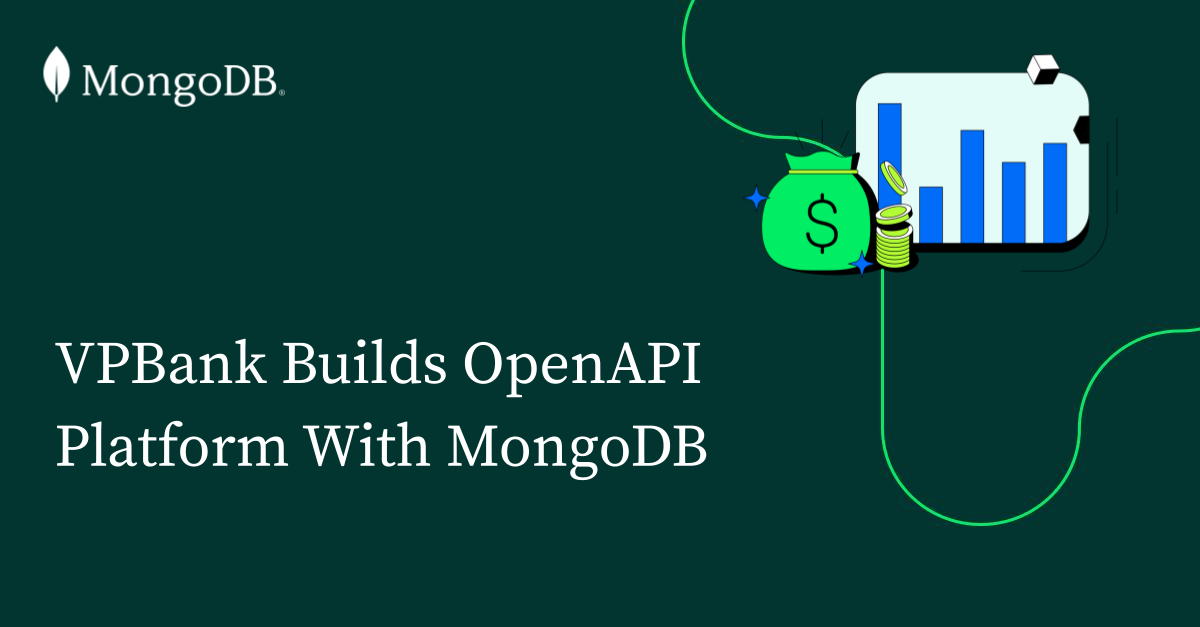The Evolution of Marketplaces: Embracing AI-Powered Solutions in 2025

In the rapidly changing landscape of commerce, the traditional two-sided marketplace is undergoing a remarkable transformation as we approach 2025. This evolution is characterized by the integration of artificial intelligence (AI), which is reshaping how buyers and sellers interact. Several clients of thoughtbot, a prominent design and development firm, who possess extensive experience in the marketplace sector, have shared their insights and observations regarding this innovative advancement.
Jon Levinson, co-founder and CEO of Clara, a senior care platform designed to assist families in finding affordable and quality caregivers, elaborated on this evolution. The marketplace is not a novel concept. It starts with can we bring buyers and sellers together? he explained. Now the question is how else can we add value? How does our position allow us to provide additional services?
This revelation was born from Levinsons personal experience while working at Uber. He faced significant difficulties in securing care for his ailing father, which led him to realize there was a substantial business opportunity in connecting families to reliable caregivers. Levinson collaborated with thoughtbot to launch the initial version of Clara, and he continues to work with them as the platform expands its reach from California to additional states across the U.S.
However, Levinson quickly recognized that merely facilitating a connection between clients and caregivers would be insufficient for sustaining a robust business model. After the initial match, what would keep users returning to the platform?
To address this challenge, the Clara team incorporated AI into their matching process, enhancing the ability to connect families with suitable caregivers based on various criteria. Additionally, Clara introduced an innovative emergency no-show program, which allows for immediate replacement of caregivers who are unable to attend an appointment, thereby ensuring continuity of carea service also powered by AI.
Furthermore, Clara has prioritized assisting clients with payroll management and compliance. The platform ensures that caregivers are paid accurately and punctually, complies with payroll regulations, and even aids clients in building caregivers' credit scores while functioning as a lead generator.
Looking ahead, Clara aims to develop a mobile application focused specifically on the needs of caregivers, enabling them to manage their business requirements seamlessly as they transition from one client to another.
Kate Adamson, co-founder of Folio, an emerging marketplace that links hotels with suppliers, shared her perspective on the evolving marketplace landscape. AI is making incredibly complex business processes less costly and easier to develop, she stated. Where weve seen marketplaces fail is on the demand side. If buying is not happening, then suppliers dont participate. Our goal is to onboard hotels first.
As the demands of supplying hotels become increasingly intricatedue to specific brand requirements and group purchasing dynamicsAI offers a solution for matching suppliers with hotels according to unique opportunities while respecting these constraints. Adamson highlighted, This is where AI gets exciting. When the complexities are especially challenging, natural language processing can sift through vast amounts of information and constraints in real-time, something that may not have been feasible in the past.
Jed Carlson, former CEO of Adwerx, an advertising marketplace catering to real estate professionals and a thoughtbot client, emphasized the transformative potential of AI. AI is super-powering everything that can be done on a marketplace, he remarked. Whats been startling to me is that AI can perform at a level comparable to humans, particularly in enhancing content and utilizing diverse data sources.
The conception of Adwerx traces back to Carlsons previous venture, ReverbNation, which connected performers with venues while offering promotional tools to artists. Following the sale of ReverbNation in 2021, Carlson adapted the successful framework to the real estate industry, allowing realtors to market themselves effectively.
Moreover, Carlson contributed to the development of NeighborhoodAlerts.com for Three-Ships, a local company designed to connect residents with unfiltered news and essential information from verified sources, including police and public works departments. Over time, the platform has expanded its offerings to include insights on local restaurant openings, housing market trends, severe weather alerts, and home improvement deals. This breadth of information enhances user engagement, fostering a stronger connection and creating varied monetization opportunities.
The excitement surrounding the evolution of marketplaces is palpable, especially as technology leads to more personalized and engaging user experiences. Here are some key trends emerging in the future of marketplace solutions:
- Marketplaces are transitioning into complex, AI-powered ecosystems that are highly personalized to user needs.
- AI is enhancing fundamental elements of marketplaces, making them more efficient and engaging while powering features like improved matching and workflow navigation.
- Once the primary use case is established, marketplaces are layering in additional services and advanced matching mechanisms to provide ongoing value, leading to enhanced user engagement and new monetization avenues.
- As marketplaces continue to evolve, success will favor those that leverage AI to create smarter, more personalized, and service-rich experiences.
For innovators looking to build the next generation of marketplace technology, thoughtbot stands ready to assist in transforming those visions into reality.





















